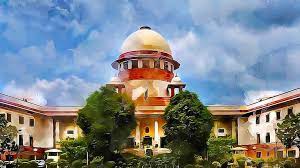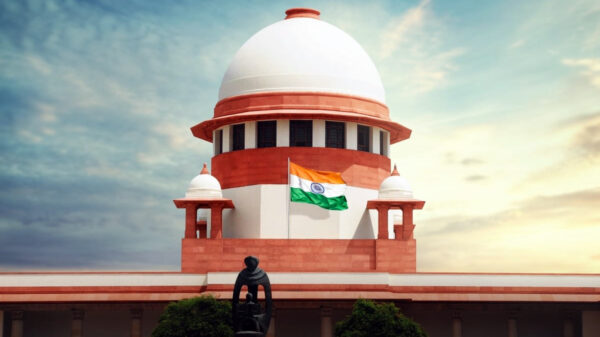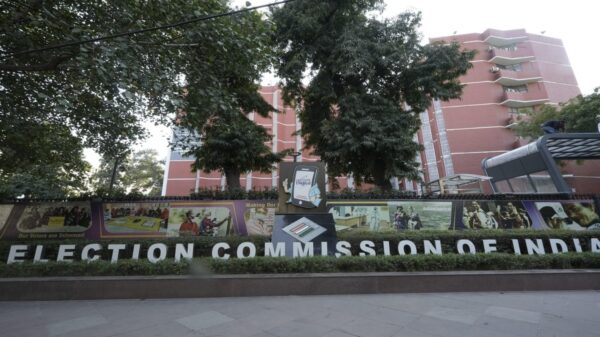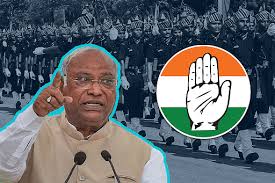Last Updated on July 31, 2021 by Administrator
Written by – Piyush Pandit
Dowry is undoubtedly a social evil and many efforts have been made to tackle this menace and The dowry Prohibition act of 1961 is one of them. The act was passed in June, 1961, but the practice continued unfettered. In december, 1983 the parliament passed the criminal law, the second amendment act thus introducing section 498 A to the Indian Penal Code, which proved itself effective in constraining the problem as a whole.
In this Act, “dowry” refers to any property or valuable security given or agreed to be given, either directly or indirectly, (a) by one party to a marriage to the other party to the marriage; or (b) by the parents of either party to a marriage or by any other person, to either party to a marriage or to any other person, at or before or any time after the marriage in connection with the marriage of the other party to the marriage.
In the words of Charles Winick, “valuables that the relatives of either party to a marriage contribute to a marriage” is known as dowry. It is, in general, a predefined amount which is conjectured on the basis of the man’s salary, status or the profession.
Dowry is a social custom that dwells upon the desire of most parents to marry their daughters into a higher and rich family. It has been an intergenerational practice and it is preceded by a restriction in mate selection.Sometimes it is also used to flaunt one’s economic status.
According to McKim Marriott, the underlying sentiment is that when one’s daughter or sister marries, they become the hapless possession of an alien kinship group, and in order to ensure her decent treatment, lavish hospitality must be extended to her in-laws on a regular basis. It is a symbol which pronouncedly discerns the fact that a family, of the institution of family, is in great disharmony. For most of the families in India, daughters were and are liabilities in lieu of being an asset.
At its inception it was known as “Stridhan” translating to the money (or things equivalent to that) which is owned by a woman. The parents gave gifts to their daughters and her new family. In section 2 of the act the gifts given by the parents and relatives cannot be deemed as dowry, rather, if there’s a list of gifts ratified by the married couple, they wouldn;t come in the ambit of dowry. In societies gift-giving has been seen as a device to register honour or shame, or to show solidarity, to equalize and to create intimacy, which initially was the case with the gift giving process, now turning out to be a menace of dowry.
Over time, the definitions changed, the traditions took a whole new other level and everything got manipulated to quench every individual’s desire for their own benefit and satisfaction. In the medieval times, the fathers were ready to send off their daughters early to probably and well to do family even if he had to pay a hefty price. In the british time though, it had transitioned into more like a business, where high earning grooms had a fixed rate of dowry, only accepting which a family can wed their daughter to him.
The practice of dowry has brought with it social consequences, as every societal menace does, from increased spinsterhood to harassment and humiliation of women, or from families practically accumulating wealth by illegal means to fulfill dowry demands over a period of long time, to the practice itself being a vicious cycle of debt, where one set of parents fulfill their loss of wealth given as in dowry to their daughters from their daughter in laws, by who knows what means. These kinds of conditions are the sequela of the dowry system, which brought forward the quintessential need of this act.
Plagiarism Report.


























